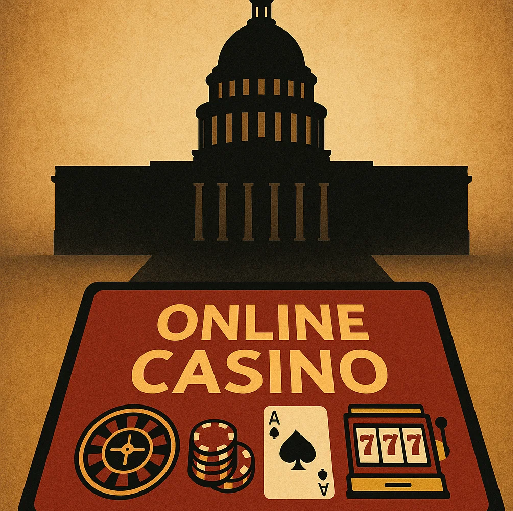Casinos without UK license have steadily attracted players seeking alternative platforms with fewer restrictions. These operators often offer a wider range of games, flexible payment methods, and enticing rewards that may not be accessible within UK-regulated environments. For many users, the appeal lies in exploring international platforms that provide greater choice and autonomy.
While this trend continues to grow, it is essential to examine the external forces shaping the industry, particularly how political decisions and regulatory measures are influencing the future of online gambling worldwide.
Politics and Online Gambling Regulations
Politics has always played a central role in shaping gambling laws, reflecting the balance between public interest and economic priorities. Governments often impose restrictions not only to safeguard players from harmful practices but also to regulate tax revenues, ensure fair play, and maintain broader oversight of the industry.
In recent years, debates on gambling regulation have intensified, with policymakers facing pressure to encourage innovation and economic growth while addressing the social costs of problem gambling, addiction, and financial harm.
As a result, regulatory frameworks are becoming more complex, with greater emphasis on responsible gambling measures, advertising limits, and consumer protection.
Global Shifts in Policy
Different regions are taking varied approaches to online gambling regulation, reflecting diverse cultural attitudes, economic priorities, and political landscapes. Some countries are opening their markets with licensing frameworks designed to attract international operators, stimulate competition, and generate tax revenue. Others, however, are tightening restrictions to limit access, citing concerns over addiction, financial harm, or cultural values that discourage gambling.
These political shifts create ripple effects across the industry, shaping investment strategies, advertising practices, and ultimately influencing where and how players can participate in online betting. Over time, these contrasting approaches may lead to a fragmented global market, where opportunities and risks differ significantly by region.
Lobbying and Industry Pressure

The gambling industry itself is an active player in shaping policy, often leveraging its economic influence to sway regulatory outcomes. Through lobbying efforts, industry groups, and international organizations, operators push for more flexible frameworks that enable innovation, cross-border market expansion, and increased profitability. At the same time, advocacy groups, public health organizations, and community stakeholders call for stricter rules. It’s aimed at protecting vulnerable individuals, reducing problem gambling, and limiting aggressive advertising.
This creates a delicate balancing act for lawmakers, who must weigh economic opportunities against social responsibility while responding to competing pressures from powerful industry players and concerned citizen groups.
Future of Regulation
As politics continues to intersect with technology and culture, online gambling regulations are likely to evolve in increasingly dynamic ways. Stricter frameworks may emerge in response to public concerns over addiction, underage access, and aggressive marketing. Thus, reflecting the growing demand for consumer protection and ethical oversight.
At the same time, opportunities for innovation, digital integration, and global collaboration will expand, as platforms experiment with new technologies such as blockchain, AI-driven safeguards, and cross-border partnerships. The central challenge for governments will be finding an equilibrium. Created policies should be focused on protecting players and enable sustainable industry growth. At the same time, new guidelines should not restrict innovation or generate loopholes that can be exploited.

